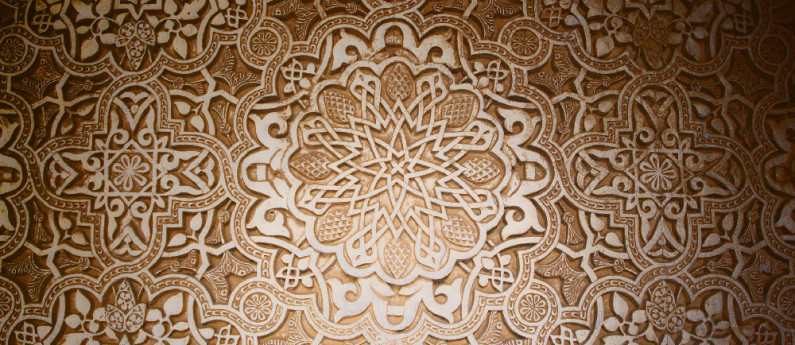
Even though the movement has its origins in a framework of reference based on Islamic values, it is not a movement that espouses superiority through nationalistic or religious identities. It’s not Pan-Turkish or Pan-Islamist. It is not a religious sect, fraternity, or cult; nor is it an extension or a branch of any of the above. The movement celebrates the universal moral dynamics and values that were exemplified by the Sufis of the early Islamic history and continue to be universally appreciated today; nonetheless, the movement is by no means a Sufi order, either in its classical or modern definition. The movement encapsulates a faith-inspired peace-invoking service. It promotes universal values, superiority of the law and human rights along with freedom of belief, freedom of religion and freedom of expression.
Tags: Gulen Movement |Related Articles

Fethullah Gulen: I consider the coup attempt as a serious “terror coup”
The events of that night [the coup attempt] could be called as a serious terror coup. I categorically reject such accusations. The claim that I convinced the 8th…

The Gülen Community – Who to Believe, Politicians or Actions?
For those who know Mr. Gülen personally or have had contact with the open-hearted and idealistic members of the Hizmet movement, claims of subversive “terrorism,” (in Erdoğan’s words)…

Fethullah Gülen, Hizmet and State
Without a sound knowledge of Turkish political history, it is very difficult to understand why Fethullah Gülen and the Hizmet movement have been very sensitive about governmental, constitutional…
